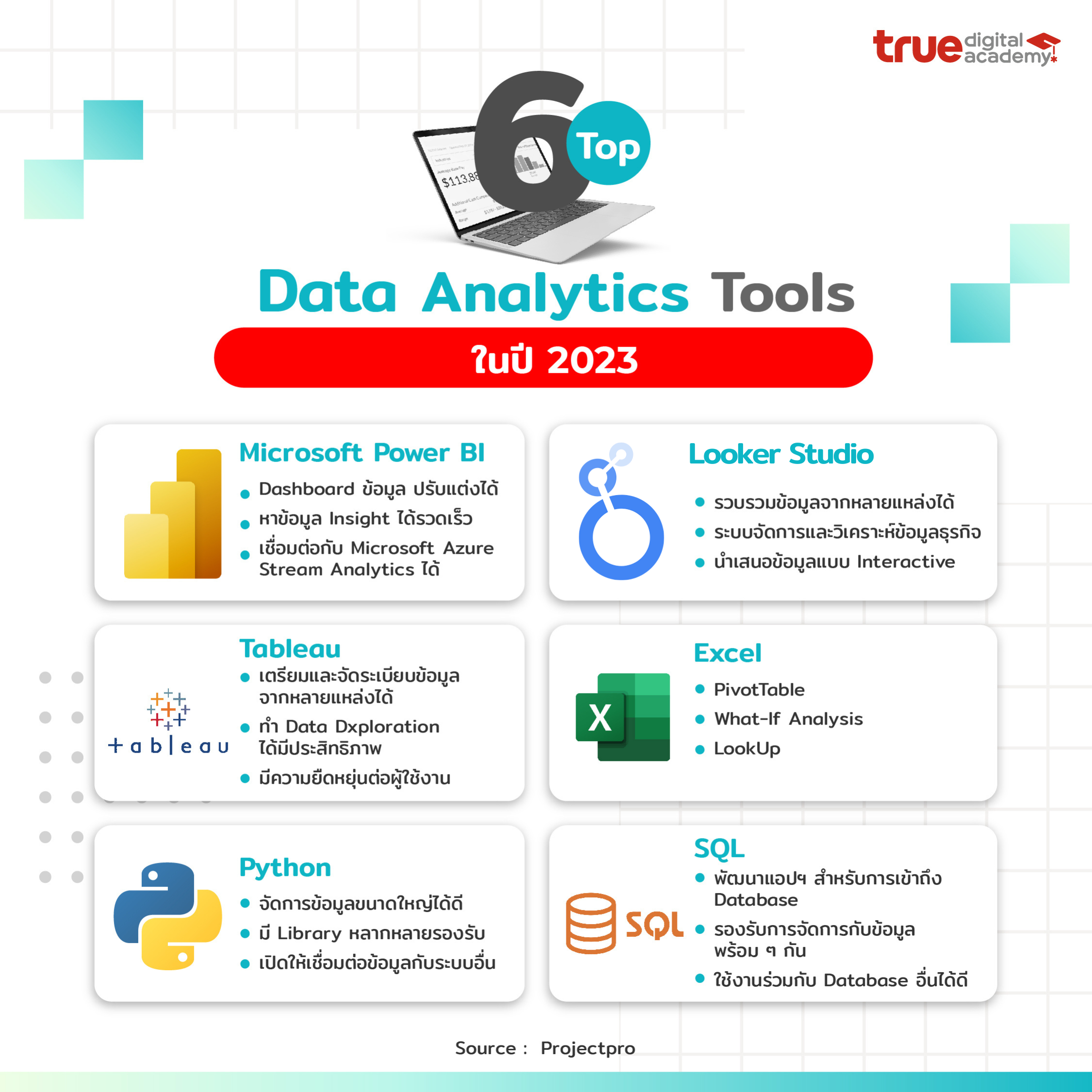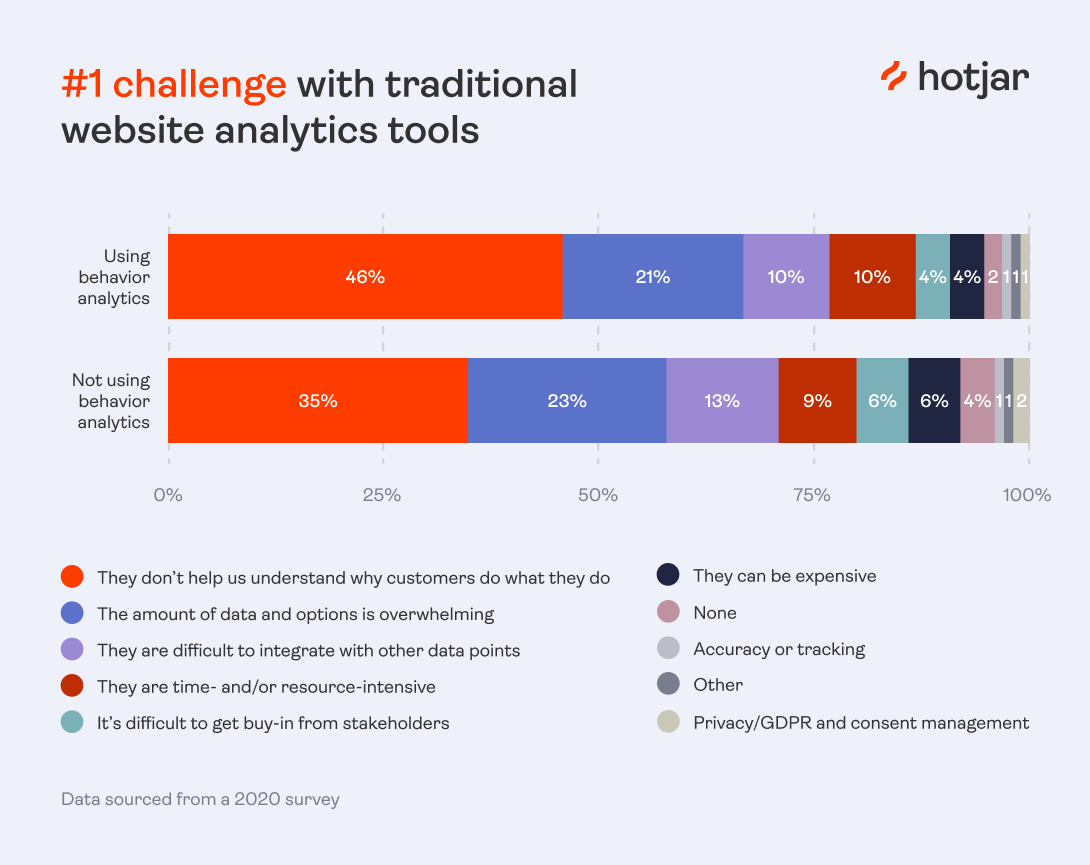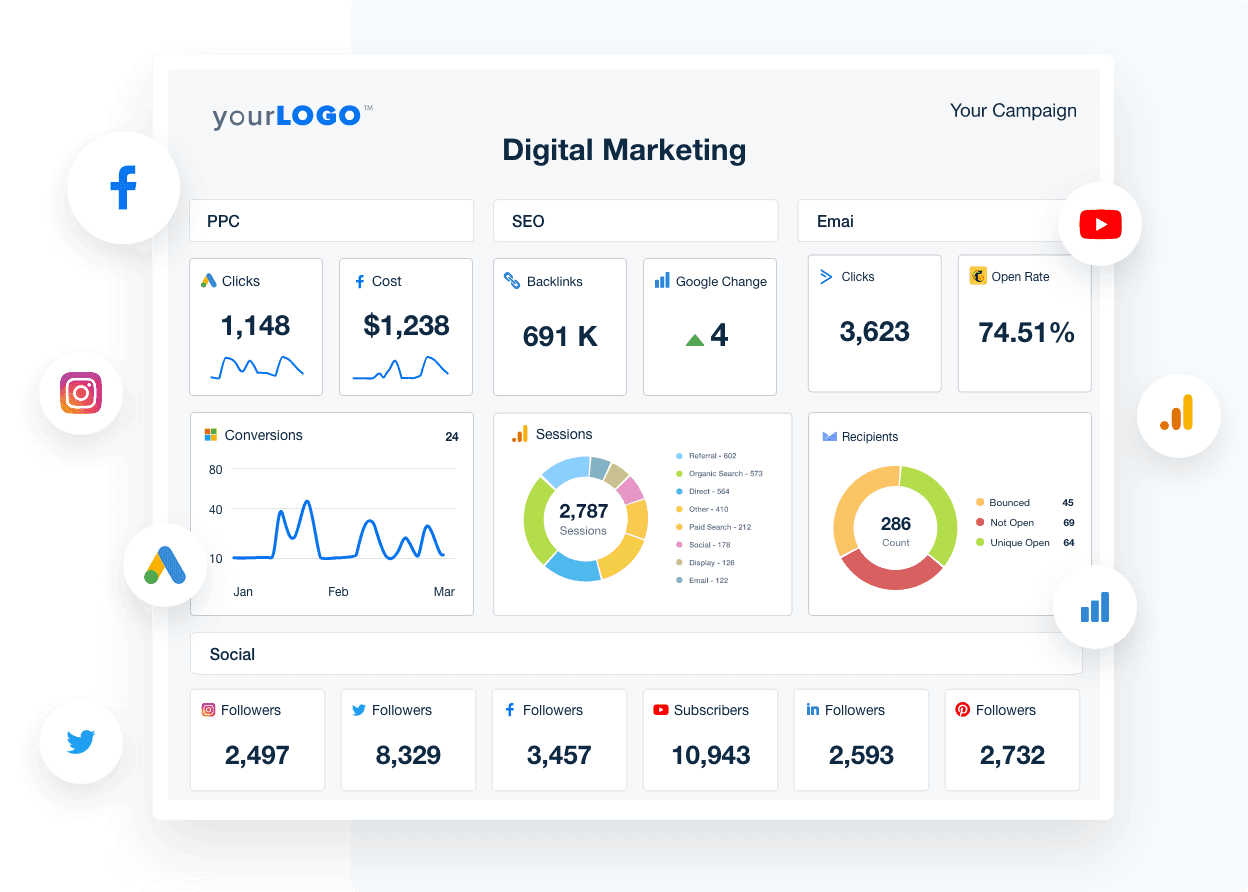Enhance Your Workflow with Intelligent Analytics Solutions
Enhance Your Workflow with Intelligent Analytics Solutions
Blog Article
Make Best Use Of Development: How Analytics Drive Better Techniques
By taking advantage of information understandings, companies can improve their functional techniques, prepare for market modifications, and improve customer involvement. The obstacle exists not just in collecting information however in effectively analyzing it to drive substantial end results.
Understanding Information Analytics
Data analytics is an organized computational evaluation of information that enables organizations to uncover significant patterns and insights. This process includes a selection of techniques, including statistical analysis, predictive modeling, and information mining, which collectively intend to change raw data into workable details - Analytics. By utilizing these methodologies, companies can make educated choices that are rooted in empirical evidence as opposed to instinct alone
The foundation of information analytics lies in its ability to handle substantial quantities of details from varied sources. This includes organized information, such as data sources, and unstructured data, including social media communications and consumer feedback. Through using specialized software application and devices, experts can draw out and process this information successfully, determining patterns and correlations that might not be immediately noticeable.
Recognizing data analytics also entails identifying the significance of data top quality and stability. Dependable and accurate information is important for meaningful evaluation; thus, companies must apply robust data governance techniques. The iterative nature of analytics enables for continual refinement and renovation of techniques, making certain that organizations continue to be agile in the face of altering market characteristics and consumer habits.
Trick Benefits of Analytics

One of the vital advantages of analytics is its ability to supply actionable understandings. Organizations can swiftly evaluate vast quantities of data, revealing patterns that may not be instantly evident. This aids in preparing for market changes and adjusting approaches as necessary. In addition, analytics cultivates a society of evidence-based decision-making, lowering dependence on instinct and guesswork.
One more significant benefit is boosted client understanding. Analytics tools enable businesses to sector their target market, track consumer actions, and individualize advertising efforts. This targeted approach not just enhances customer involvement however additionally drives greater conversion prices.

Implementing Analytics Approaches
To totally realize the benefits of analytics, companies should take on structured techniques for execution. This begins with clearly specifying objectives that line up with more comprehensive business goals. By developing specific, measurable results, companies can focus their analytics efforts on areas that produce the highest possible return on investment.
Next, companies need to prioritize data governance to make sure the honesty and safety and security of the data being examined. This entails setting up protocols for data collection, storage, and gain access to while sticking to pertinent laws. Ensuring premium information is critical for creating meaningful insights.
Furthermore, fostering a culture of data-driven decision-making is vital. This needs training workers to translate analytics findings and encouraging partnership across divisions. When groups recognize the worth of analytics, they are most likely to incorporate insights into their daily operations.
Last but not least, companies should routinely evaluate and refine their analytics strategies. The landscape of information and modern technology is continuously progressing, and staying adaptable will certainly enable organizations to leverage brand-new devices and approaches efficiently. By implementing these organized methods, organizations can make the most of the influence of their analytics campaigns and drive sustainable development.
Tools for Effective Evaluation
Efficient analysis counts on a range of devices that assist in the extraction of understandings from data - Analytics. These devices can vary from simple spread sheet applications to advanced device finding out systems, each offering a special purpose in the logical process
Data visualization software, such as Tableau and Power BI, plays a critical function in changing complex datasets into easy to understand graphical representations. These devices enable analysts to recognize patterns and patterns promptly, enabling more enlightened decision-making.
Statistical analysis software application, like R and SAS, supplies advanced abilities for carrying out thorough evaluations, including regression, hypothesis testing, and anticipating modeling - Analytics. These attributes empower organizations to draw purposeful verdicts from their data, identifying prospective chances and threats
Furthermore, database administration systems such as SQL and NoSQL databases give the required framework for saving and quizing large volumes of data efficiently. They guarantee that data is organized and obtainable for analysis.
Lastly, company intelligence platforms integrate various data sources, more providing a comprehensive view of organizational performance. By utilizing these devices properly, organizations can boost their logical capacities, allowing them to establish methods that optimize development and enhance general performance.
Case Researches of Success
Effective companies typically take advantage of data analytics to drive impactful strategies, as evidenced by numerous significant study. One prominent instance is Netflix, which uses advanced algorithms to assess customer preferences and behavior. By using these insights, Netflix has actually efficiently tailored its material referrals, leading to increased customer interaction and subscriber retention. Their data-driven strategy has undoubtedly added to their condition as a leading streaming solution.

In addition, Starbucks employs data analytics to identify ideal shop areas and improve its product offerings. By analyzing client demographics and acquiring patterns, Starbucks successfully identifies high-potential markets and tailors its menu to regional preferences, driving sales and client commitment.
These instance researches highlight that reliable utilization of data analytics can lead to tactical advantages, promoting development and growth within organizations across various industries.
Conclusion
In conclusion, the integration of analytics into business approaches significantly boosts decision-making procedures and cultivates lasting growth. By leveraging data-driven insights, businesses can identify fads, prepare for market changes, and enhance operations. The effective execution of analytics devices additionally supports dexterity and development, allowing organizations to browse affordable landscapes with greater precision. Inevitably, a dedication to analytics not only drives check this prompt efficiency enhancements but additionally protects long-term success in an ever-evolving marketplace.
Data analytics is an organized computational analysis of information that enables companies to uncover purposeful patterns and insights.Recognizing data analytics additionally involves identifying the significance of information quality and honesty. Reputable and exact data is critical for meaningful evaluation; hence, organizations need to implement robust information governance methods.Following, companies ought to prioritize information administration to guarantee the stability and security of the data being examined.Effective organizations typically utilize information analytics to drive impactful techniques, as confirmed by numerous notable case research studies.
Report this page